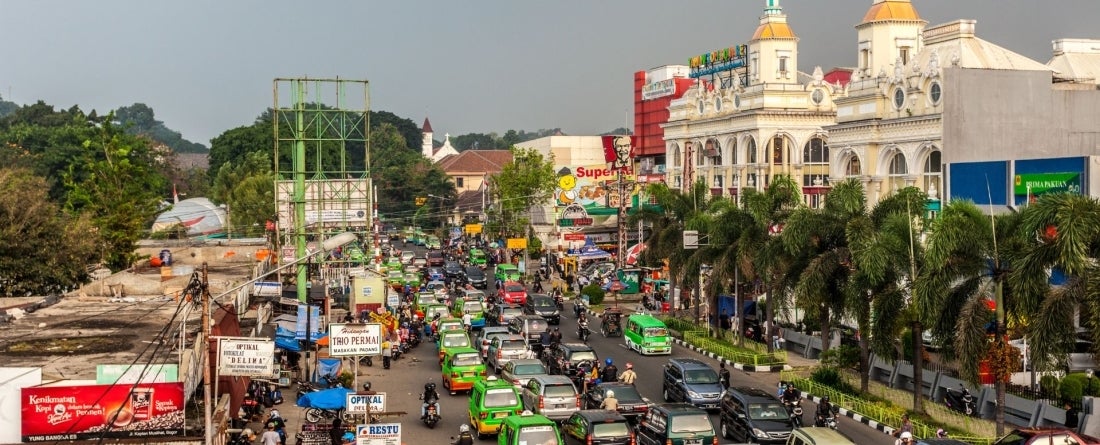
Released at COP29, a new CGS report examines Indonesia's efforts to accelerate EV adoption and manufacturing, while highlighting key challenges such as infrastructure gaps, environmental concerns, and market shifts.
Pereyra, J., J., Lou, T., Hilde, C., Squire, S., Susanto, A., Pradipta (2024). Mining, Manufacturing, and Markets: An Analysis of Five Years of Electric Vehicle Regulation, Investment, and Industry Development in Indonesia. Center for Global Sustainability, University of Maryland. 19 pp.
As global demand for electric vehicles (EVs) grows in response to sustainability goals, Indonesia is positioning itself to capitalize on its abundant nickel reserves—vital for EV batteries. Under President Widodo, the country introduced Presidential Regulation No. 55/2019 (PR55/2019), outlining a roadmap to boost EV and battery production with a target of 140 GWh by 2030. Despite foreign investments flowing into the sector, progress has been uneven, leaving the future uncertain.
A new report from the Center for Global Sustainability examines Indonesia’s efforts to transition to an EV economy, with ongoing plans under President Prabowo Subianto to maintain momentum. The analysis outlines actions to accelerate EV adoption, reduce emissions, and establish a domestic battery electric vehicle (BEV) industry, while highlighting significant challenges such as infrastructure gaps, environmental concerns, and global market shifts that may hinder progress toward the country’s EV and emissions targets.
